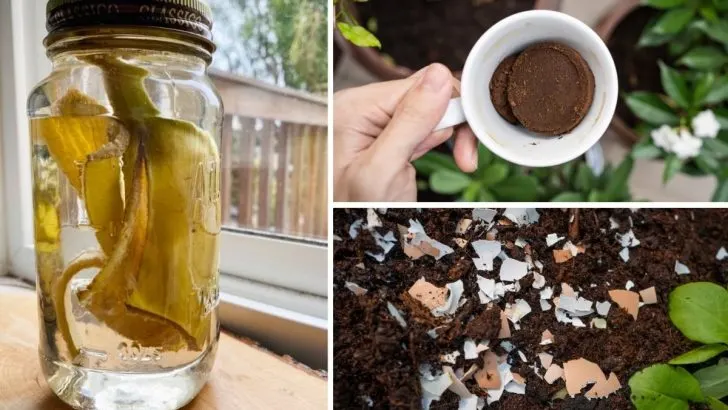Gardening enthusiasts and home growers often seek innovative ways to nourish their plants without turning to chemical-based fertilizers. Luckily, your kitchen holds a treasure trove of ingredients that can be transformed into effective natural fertilizers.
This blog post unveils six unique DIY fertilizers that not only enrich your garden but also promote sustainable gardening practices. By utilizing kitchen scraps and everyday items, you can contribute to a healthier environment while nurturing lush plant growth.
Banana Peel Fertilizer
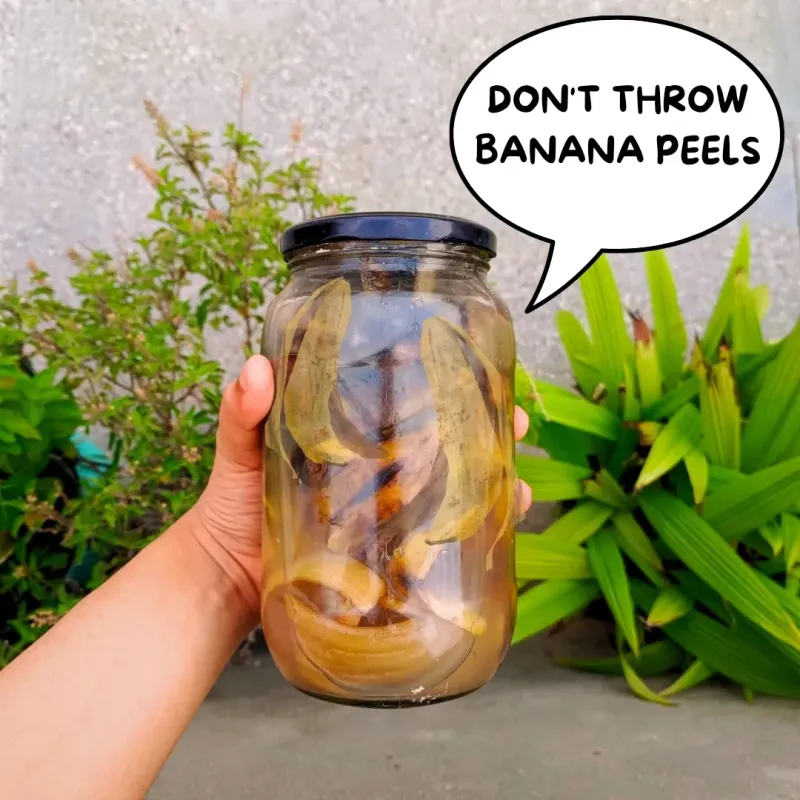
Banana peels are a fantastic source of potassium, which is crucial for plant health. Chop the peels into small pieces and bury them in the soil around your plants.
This slow-release fertilizer provides nutrients over time. Alternatively, you can steep the peels in water for a few days to create a nutrient-rich tea.
Water your plants with this solution, offering a gentle boost. The nutrients from the banana peels promote strong root growth, making them ideal for flowering plants.
Using banana peels is a cost-effective way to nourish your garden naturally.
Eggshell Calcium Booster
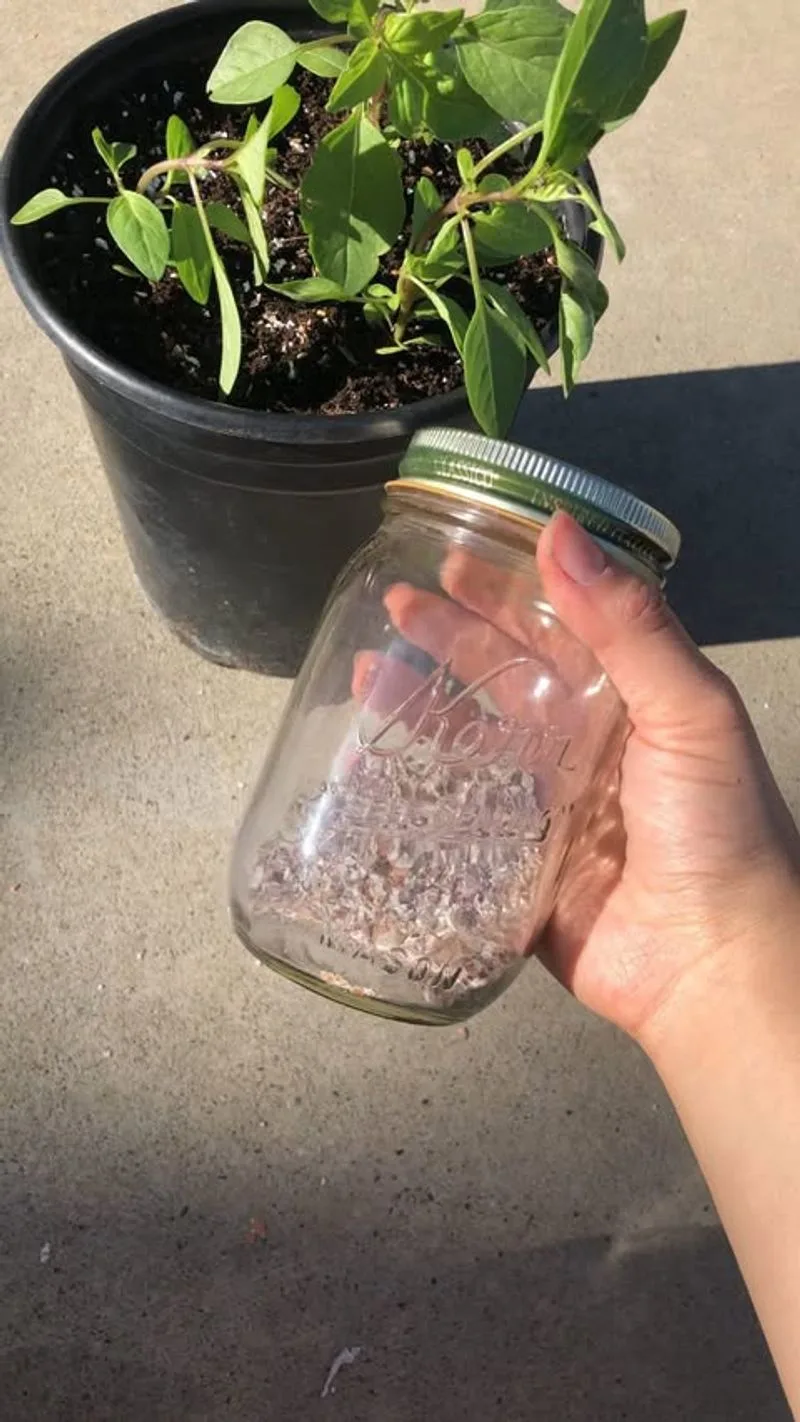
Eggshells are an excellent source of calcium, vital for cell growth in plants. Rinse and dry the shells thoroughly before grinding them into a powder.
Sprinkle this powder into the soil of your garden beds or pots. The calcium from eggshells helps prevent blossom end rot, a common issue in tomatoes and peppers.
This DIY approach not only recycles waste but also enriches your soil. Incorporating eggshells into your gardening routine supports healthy plant development.
It’s a simple yet effective way to use kitchen waste for plant benefit.
Coffee Grounds Enrichment
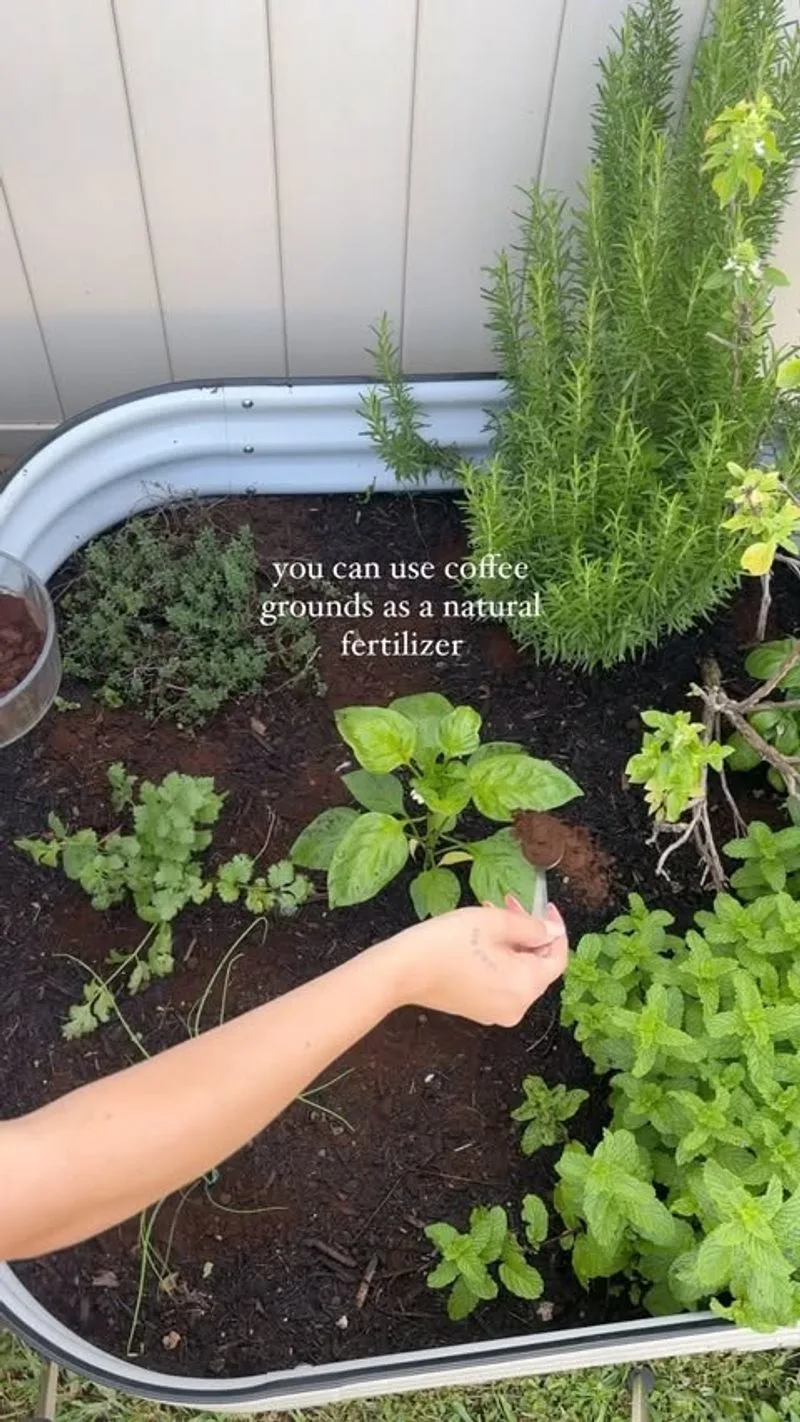
Coffee grounds are rich in nitrogen, making them great for acid-loving plants. Sprinkle used coffee grounds around the base of plants like azaleas and roses.
The grounds improve soil structure, enhance drainage, and attract beneficial earthworms. Mixing coffee grounds with compost further enriches the nutrient content, supporting robust plant growth.
This method turns a daily waste product into an asset for your garden. By incorporating coffee grounds, you not only boost soil fertility but also reduce kitchen waste effectively.
Epsom Salt Plant Nourishment
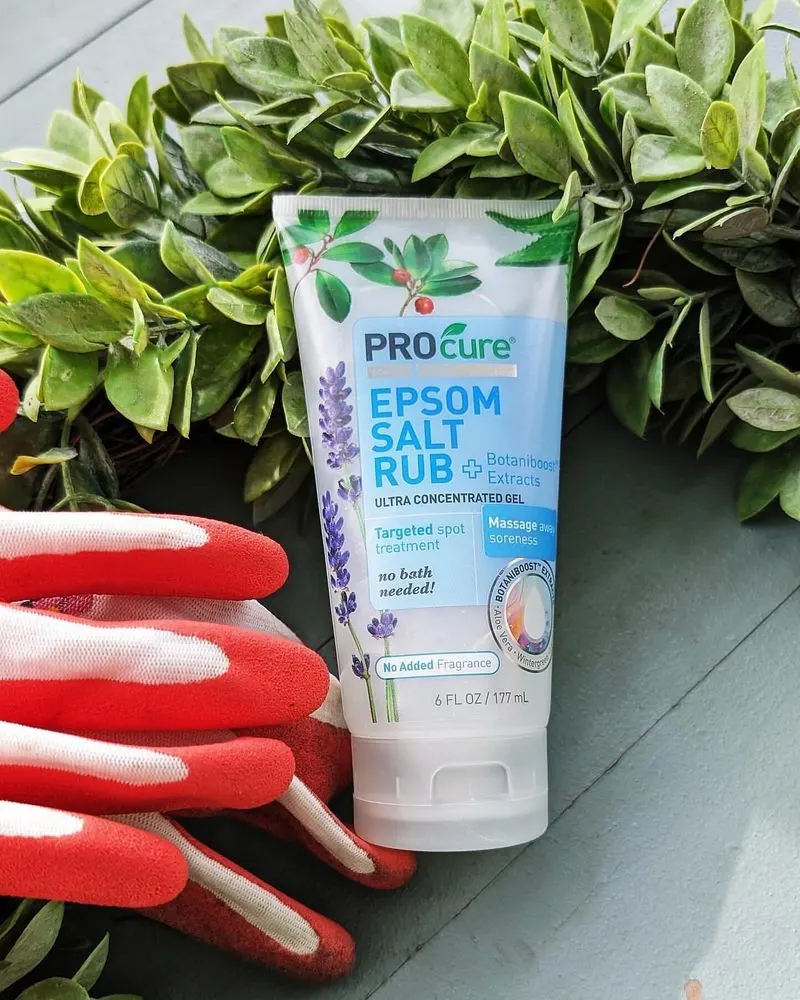
Epsom salt, comprised of magnesium and sulfur, aids in seed germination. Dissolve a tablespoon of Epsom salt in a gallon of water and spray it onto your plants.
This mixture is particularly beneficial for tomatoes and peppers, promoting larger yields. The magnesium in Epsom salt enhances chlorophyll production, resulting in greener foliage.
Sprinkling Epsom salt directly on the soil also boosts nutrient intake. This natural option is ideal for gardeners seeking to reduce chemical use.
It’s an easy, available, and practical solution for healthier plants.
Vinegar Spray Solution
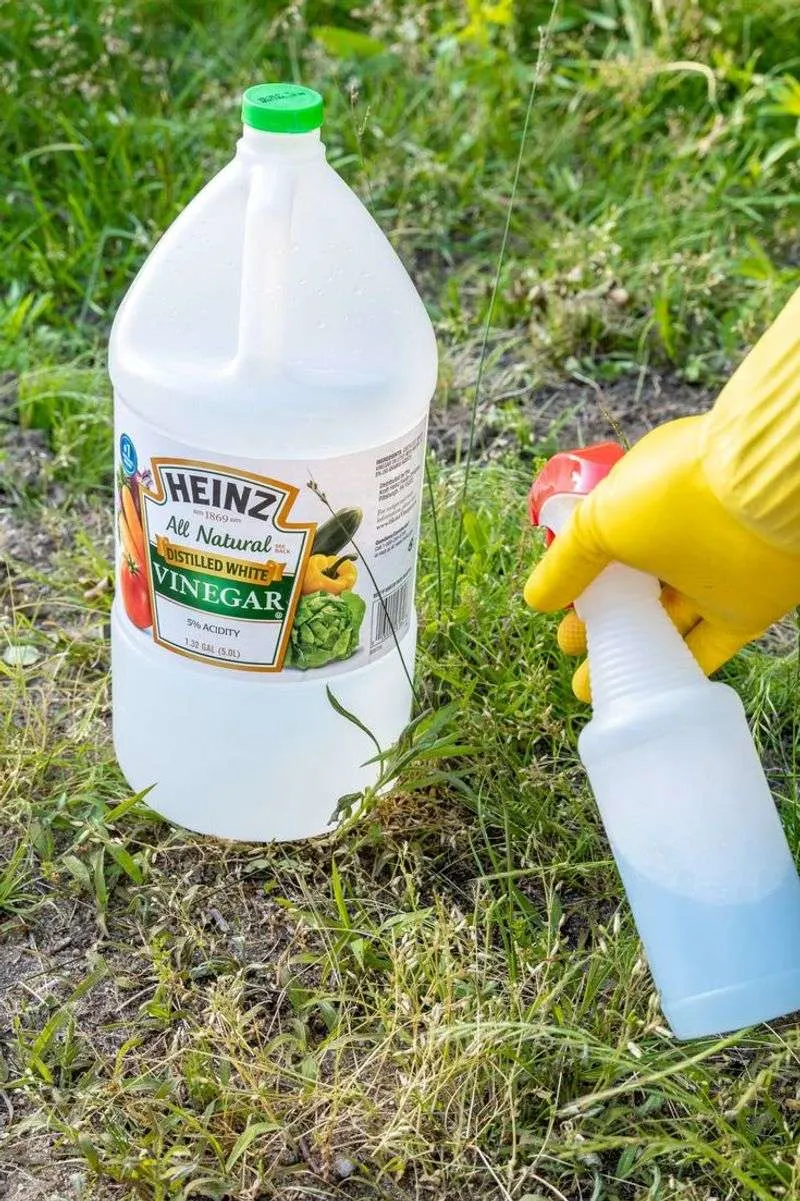
White vinegar is a natural weed killer and soil enhancer. Mix one part vinegar with three parts water and use a spray bottle to apply it to the soil.
This solution can help lower pH levels, benefiting acid-loving plants like blueberries. Use the vinegar spray sparingly to avoid harming beneficial soil life.
In addition to weed control, vinegar improves nutrient availability. This eco-friendly method supports a thriving garden without resorting to harsh chemicals.
Vinegar’s versatility makes it a valuable tool for any gardener.
Molasses Soil Amendment
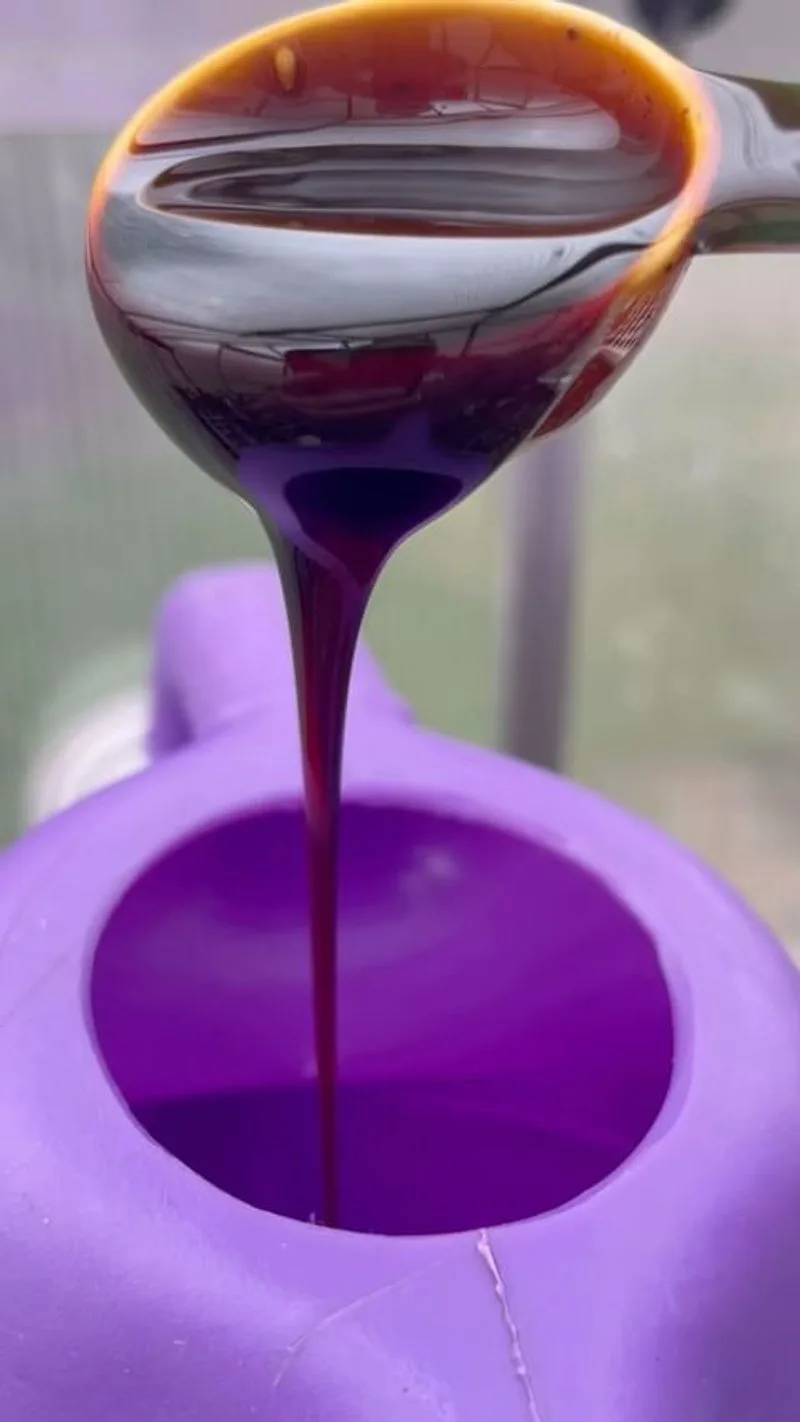
Molasses is rich in carbohydrates and can boost soil microbial activity. Dilute one tablespoon of molasses in a gallon of water and apply it to your plants.
This sugary treat feeds beneficial microbes, enhancing soil fertility. It’s especially useful in compost tea, accelerating the decomposition process.
Using molasses creates a symbiotic environment for plants, promoting stronger growth. This approach not only nourishes plants but also supports a balanced ecosystem in your garden.
It’s a sweet solution for those looking to enrich their soil naturally.

